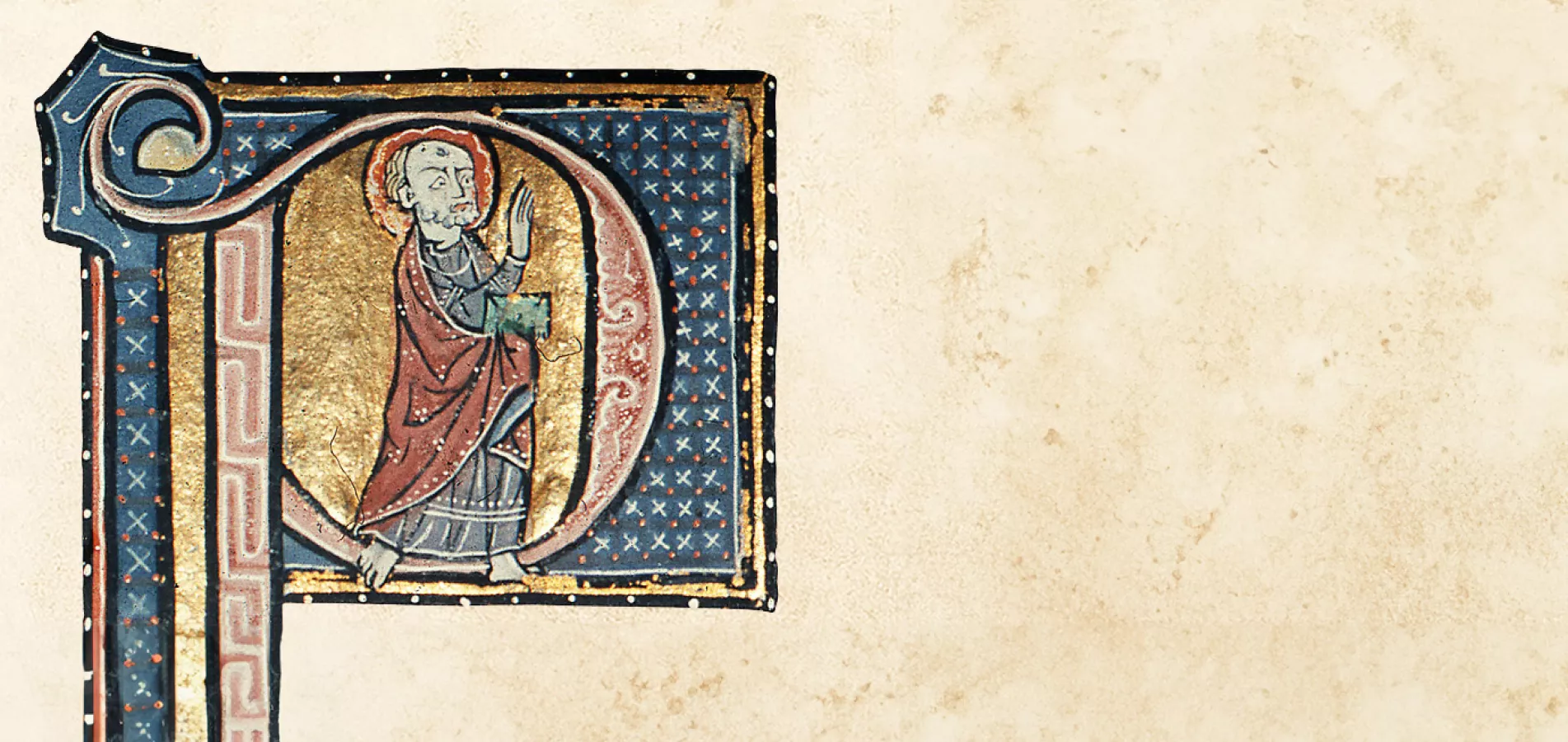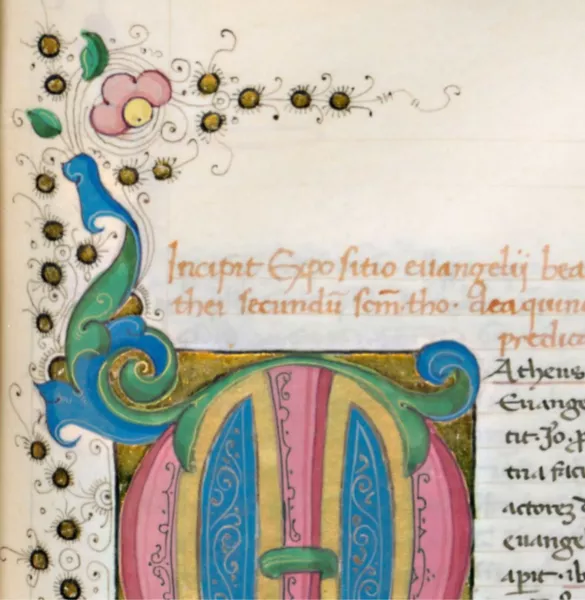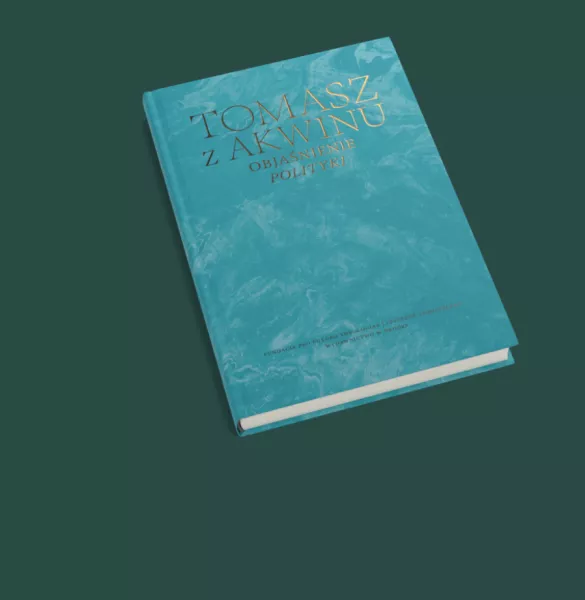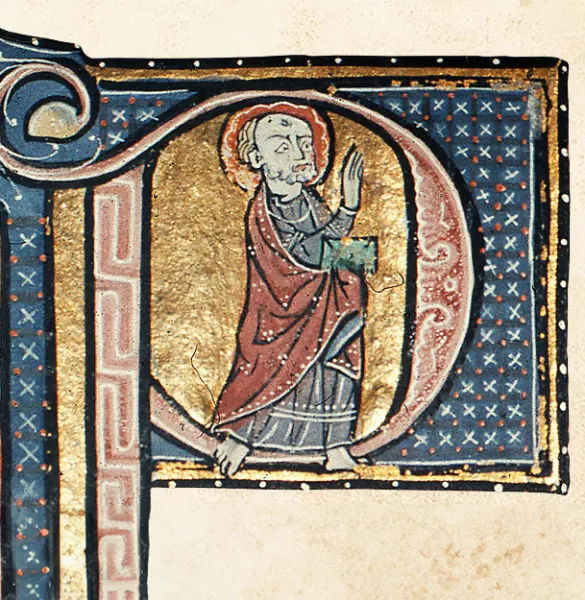The Medieval Reception of the Letters of Paul

Historically, one of the central features of medieval biblical exegesis is its constant dialectic between old and new, grounded, among others, in the idea that the Bible implies an “infinite reading” (G. Dahan) to which the reader of the text actively contributes. It is this idea that has yielded or favored a number of material and formal innovations, in particular in the twelfth and thirteenth century, and which has thus enriched medieval exegesis. One can think of the appearance of glossed Bibles, exegetical techniques such as textual criticism and the demarcation of the literal versus the spiritual sense, the introduction of theological and philosophical quaestiones into the biblical commentary under the influence of the rediscovery of Aristotle, the influence of Jewish exegetes, and the like.
This dialectic is particularly present in the Pauline corpus, which by itself is already characterized by an exploration of the relation between old and new (Old Law-New Law; Old Testament-New Testament) in order to establish a coherent and comprehensive Christian worldview. The Pauline corpus, which in the Middle Ages included the Letter to the Hebrews, has furthermore been extremely influential in the formation of systematical theology in such areas as anthropology, ecclesiology, and Christology. The influence of the Pauline corpus is also visible in the areas of the liturgy, canon law, the question of supersessionism, and so forth.
Although in recent years new editions and translations have drawn attention to the medieval reception of the Pauline Letters, much remains still unexplored, both in terms of known and anonymous authors (as is apparent from Stegmüller’s Repertorium Biblicum Medii Aevi) and of the authority of the Letters in the development of medieval exegesis as an interplay of various sources, methods, and interpretations.
Conference poster
Conference schedule
Współorganizatorzy:
International Society for the Study of Medieval Theology (IGTM)
Wydział Teologiczny UMK



